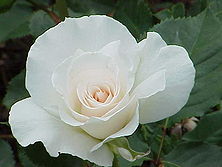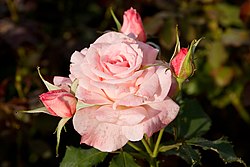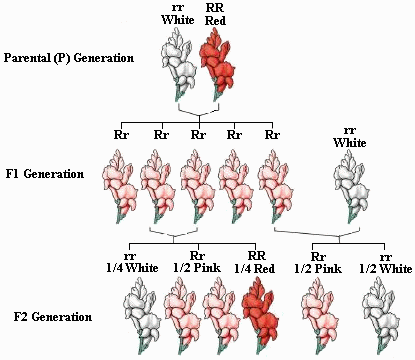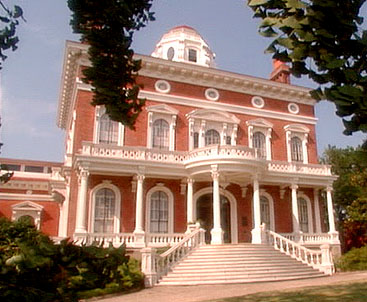Glen
Moderator
I am assuming that the areas east of the Colorado River would achieve statehood first.
A reasonable assumption - of course, time will tell....
I am assuming that the areas east of the Colorado River would achieve statehood first.




Some people who contributed names got there name as presidents and all i got was some flower dude.
(Im Kidding, Im glad one of my contributed names got to be used in any way, shape or form)
Dude, your name was Gregor Mendel! That's more important than almost anyone else in the TL in the grand scheme of things
A Virginian discovers genetics! Hooray for the Old Dominion!
And yes, let's hear it for the Old Dominion (which, BTW, the Virginia of TTL does not really use).

Any reason why? Virginia of OTL still slaps the name on everywhere despite being a major economic and manpower source of the Revolution.
Because they're a little too close to the New Dominion for comfort.
Any ideas for a prefered motto then? As one of the people quite peleased with VA's position in this TL, I am quite curious.
in the 19th century was often one of conflict. The British crown assumed control of the former Dutch colony at the beginning of the century, much to the chagrin of the white Dutch settlers, often called Trekboers. Attempts to bring in British settlers (in many ways to act as buffers between African tribes and Trekboer settlers) had decidedly mixed results. Trekboer attempts to move north and east beyond British control seemed to succeed for a brief span, but the British would subsequently reassert their control.
The greatest stress on South Africa was the ending of slavery throughout the British Empire in the 1830s. When British Southern America erupted in rebellion and civil war, the Trekboers took advantage to once again move beyond nominal British control. However, the Zulus also took advantage of British distraction in British Southern America (as well as the region around Sierra Leon) to initiate a war to drive the Trekboers out of what the Zulus considered their territory. A bloody war of strike and counterstrike developed through the rest of the late 1830s and into the 1840s. By the time the Southern Civil War subsided, the Zulus had gained the upper hand, driving Trekboers back into British South Africa.
And then the Zulu made the mistake of following into British South Africa....
The thing I see that's strange from this is that the Zulus wouldn't cross such great distances to attack the Boers, I don't think. They were interested about defending their claimed territory in Natal but there are many tribes between them and the British. If the ascendancy of Shaka went per OTL then the Zulu should be in a bit of a mess right now.
And the Boers that went on the Great Trek were known as Voortrekkers. If I'm not wrong Trekboers were nomadic herders in the Great Karoo.
The Zulu were asccendent in the area as per OTL, but not as 'in a mess' by the time the Boers arrived, thus their ability to stand up to them - by the time that the Boers were beaten, however, the Zulus were about in OTL's state of mess.
First 10 Presidents of the United States of AmericaIs there a list of presidents, somewhere. Kinda curious.